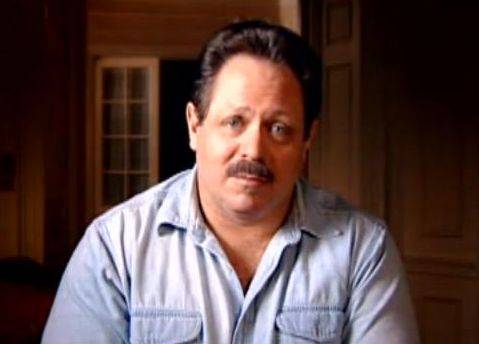×
The Standard e-Paper
Fearless, Trusted News

Christopher Langan is arguably the smartest man in the world. He took what is billed as the world’s most difficult IQ test and was scored at somewhere between 190 and 210 points. For comparison both theoretical physicist Albert Einstein and cosmologist Stephen Hawking scored only 160 points.
With possibly the highest IQ ever recorded, you’ll be surprised to learn that Chris Langan worked as a manual labourer most of his adult life. He was a construction worker, cowboy, farmhand, forest service ranger and a club bouncer.